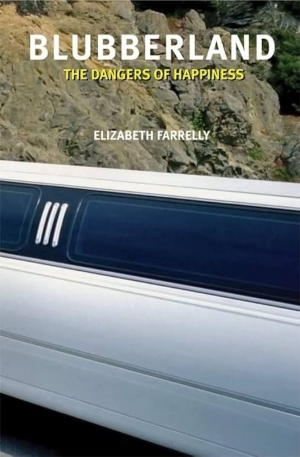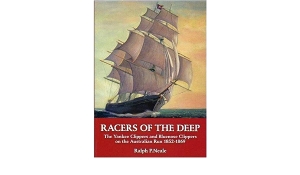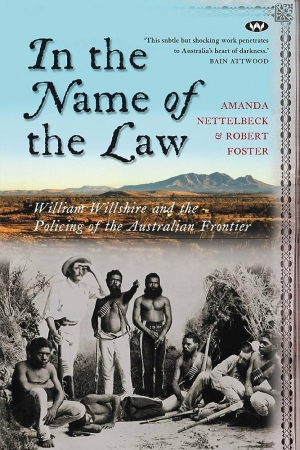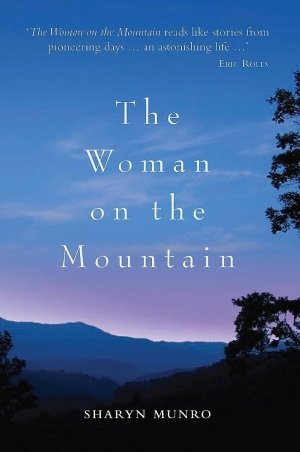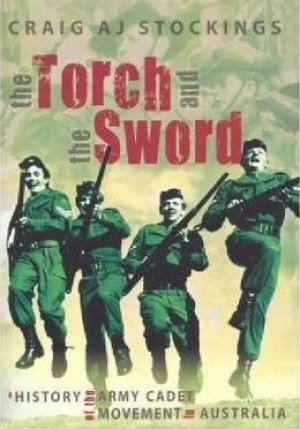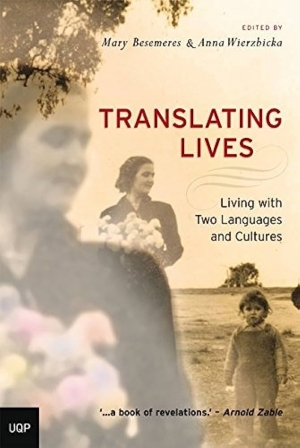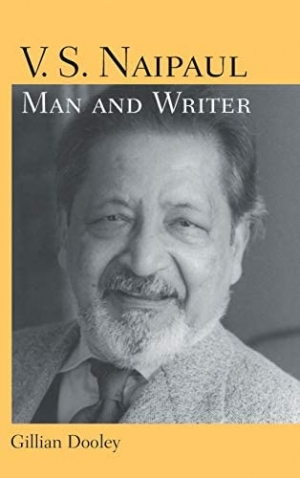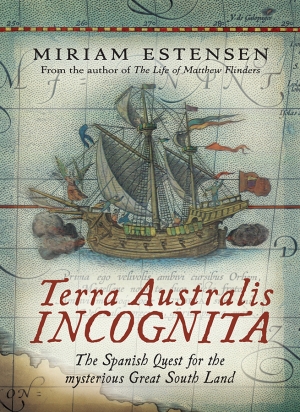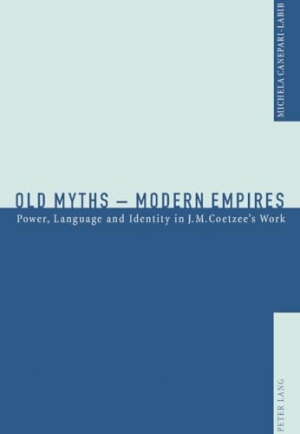Gillian Dooley
In this fascinating and irritating book, Elizabeth Farrelly hits out at almost everything about the modern world. She is an architect, and urban sprawl and ugly buildings are her bêtes noires, though obesity, kitsch and fakery also attract her coruscating attention.
Blubberland is a curious mixture of diatribe and philosophical treatise on cultural theory. Farrelly makes many good points: tight-knit cities, for example, are more energy-efficient than sprawling suburbs, and the ‘sea-change’ fad destroys beauty spots with little increase in happiness. She wonders ‘[w]hy we demand a built lifestyle whose habitual over-indulgence is, by even the standards of our parents’ generation, extraordinary? … Why these houses, and the suburbs full of them, are so ugly? Is it an aesthetic or a moral repugnance?
... (read more)Gillian Dooley reviews 'Racers of the Deep' by Ralph P. Neale
In the years before steamships gained supremacy of the oceans, sailing ships became faster and were able, for two decades, to outrun the primitive new technology. This book concentrates on the clippers built in North America and used on the run from Liverpool to Melbourne during this period.
... (read more)Gillian Dooley reviews 'In the Name of the Law' by Robert Foster
William Willshire was Officer in Charge of the Native Police in Central Australia from 1884 to 1891, when he was charged with the murder of two Aborigines. He was acquitted, but was regarded by his superiors from then on as something of a liability, ending his career in an uneventful posting in Cowell on the Yorke Peninsula. He wrote three books about his life as an outback hero, glorifying himself as an anthropologist and sentimental champion of the people he had policed with ignorant brutality.
... (read more)Gillian Dooley reviews 'The Woman on the Mountain' by Sharyn Munro
Sharyn Munro lives alone in a mudbrick house on a mountain near the Hunter River, many miles from the nearest shop or neighbour. In her late fifties, with arthritis slowly encroaching, she attempts to revegetate rainforest gullies, grows her own food and provides a refuge for wallabies, quolls and antechinus. Munro’s memoir, The Woman on the Mountain, sets out to explain this ‘foolhardy’ choice of abode.
... (read more)Gillian Dooley reviews 'The Torch and the Sword: A history of the army cadet movement in Australia' by Craig A.J. Stockings
The Torch and the Sword began life as Craig Stockings’s PhD thesis, and shows its origins on every page. He presents a hypothesis and refers to it often as he proceeds systematically through a chronological and thematic exposition of his subject.
... (read more)Gillian Dooley reviews 'Translating Lives' edited by Mary Besemeres and Anna Wierzbicka
Language shapes identity: everyone knows that, in theory. Anyone who has studied a foreign language knows that exact equivalents do not exist for every word. Translation cannot be perfect: something is always lost. So what happens when people, used to one linguistic identity, have to translate themselves into a new language? Mary Besemeres and Anna Wierzbicka have assembled twelve witnesses to give personal accounts. All are academics or writers who possess the intellectual resources to make sense of what they have encountered, while at the same time registering the dislocations they have experienced. All write English fluently: they are not concerned with the difficulties of learning English but of being themselves in Australian English. Some make the comment that they are perfectly comfortable writing academic English while still finding the small transactions of daily life a challenge.
... (read more)Kavita Nandan reviews 'V.S. Naipaul: Man and writer' by Gillian Dooley
Given V.S. Naipaul’s status in the literary world, and the prolific commentary on him and his writing, you might ask what is different about Gillian Dooley’s book, V.S. Naipaul: Man and Writer. Dooley’s sympathetic attitude liberates both Naipaul and his writing from critical analyses and from critics with explicit post-colonial and political agendas. She is more than aware of how ‘the reductions of political analysis’ have negatively stereotyped Naipaul’s writing. Rather, she focuses on Naipaul’s genius as a writer, which is not separate from the high standard of ethics, courage, fastidiousness, insecurities and prejudices of the man. For it is these very attributes that Naipaul has inherited from his colonial background that make his writing so rich, remarkable and controversial.
... (read more)Gillian Dooley reviews 'Terra Australis Incognita: The Spanish quest for the mysterious Great Southern Land' by Miriam Estensen
Miriam Estensen is prodigious. It is only a year since I reviewed her Life of George Bass (2005) in ABR, and here is another well-researched historical volume, out in time to mark the four-hundredth anniversary of the Spanish expedition, which inter alia made the first European passage through the Torres Strait.
... (read more)Gillian Dooley reviews ‘Old Myths: Modern empires: power, language and identity in J.M. Coetzee’s work’ by Michela Canepari-Labib
Michela Canepari-Labib is an Italian scholar of English literature and cultural theory. In Old Myths: Modern Empires, she sets out to map J.M. Coetzee’s work onto the major cultural theories of the twentieth century. Coetzee is just as familiar as she with the theories, and no doubt they have had their influence. But anyone can write novels based on Freud and Lacan: what is missing from Canepari-Labib’s account is everything that makes Coetzee worth reading.
... (read more)In the 1980s, when it seemed that the situation in South Africa would never improve, debate raged about the responsibility of South African novelists to act as witnesses to, and opponents of, apartheid. Some believed that white writers, especially, should use their privileged position in the fight. Nadine Gordimer was prominent among those who felt it was essential to be, in J.M. Coetzee’s words, a ‘stripper-away of convenient illusions and unmasker of colonial bad faith’1 in the realist convention, rather than a spinner of postmodern metafictions.
... (read more)
